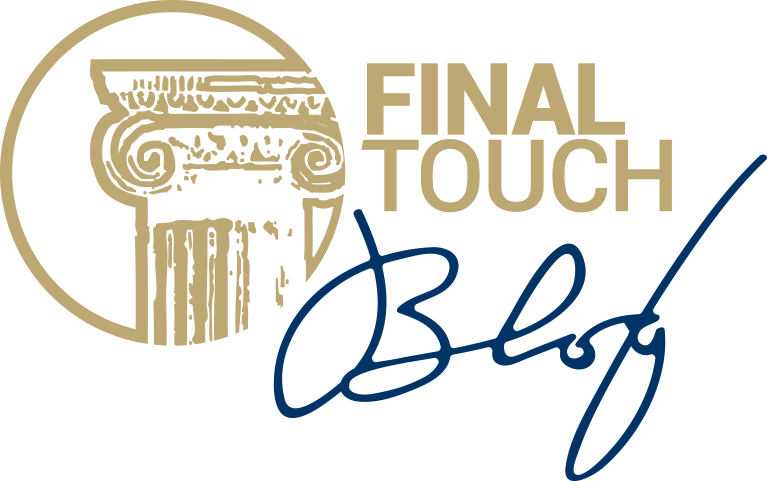
Kindness Pays: Boost Productivity Through Praise
If you were given a choice between a 10 percent raise or a kinder boss, which would you choose? According to an NBC News State of Kindness poll, 70 percent of survey participants would forego the cash for a kinder boss.
Kindness expressed through praise and recognition binds teams together, elevates trust, diminishes stress, improves overall health, and increases productivity. Being praised triggers the release of dopamine that not only makes us feel good, but can also contribute to innovative thinking and creative problem-solving at work.
Kindness pays. A Gallup survey of more than 10,000 business units and 30 industries found that individuals who receive regular recognition and praise:
- increase their individual productivity
- increase engagement among their colleagues
- are more likely to stay with their organization
- receive higher loyalty and satisfaction scores from customers
- have better safety records and fewer accidents on the job
Alternatively, employees not adequately recognized at work are three times more likely to leave in the following year, according to Gallup. The U.S. Department of Labor similarly reports that the number one reason people leave their jobs is because they “do not feel appreciated.” In fact, employee recognition is the second most powerful source of employee satisfaction following “achievement”—more important than “the work itself” and “advancement” in the rankings.
Praise shows people you value them and creates a feeling of connection, reminding us that our colleagues are human and relationships matter. After all, we spend more waking hours per day at the office than we do at home. Doesn’t it make sense to create a corporate culture that is engaging, energizing, positive, and productive?
Here are five practical tips to incorporate praise into your daily work-life:
- Be specific. Describe a particular situation, acknowledge a specific exemplary performance, and recognize the positive impact the behavior had on the team. Express exactly what you value about the individual being recognized.
- Be timely. While we might think to tell a colleague that they did an outstanding job, we often forget to do so because we quickly move on to the next task. Praise is more likely to happen if we act right away.
- Be consistent. Frequent praise has an enduring impact, and employees will focus on what you consistently demonstrate is important. Jim Harter, Chief Scientist of Workplace Management and Well-Being at Gallup, explains that “recognition is a short-term need that has to be satisfied on an ongoing basis.”
- Be sincere. Praise only works if it is authentic. Train yourself to constantly be on the lookout for praiseworthy behavior more than you are looking for mistakes. According to the Harvard Business Review, the magic ratio between sincere praise and criticism in companies with high-performing teams is 5.6 to 1.
- Be prepared. Schedule a few minutes each week to write a powerful handwritten note of appreciation. Think outside of the box. Who makes your day more enjoyable or your workload lighter? During Doug Conant’s tenure as President and CEO of Campbell Soup, he sent more than 30,000 handwritten notes of thanks to employees.
How many times a week do you praise your colleagues—both your peers and those who may report to you? The simple act of praise makes others feel valued and makes you remembered for all the right reasons. I want to be remembered as a person who is quick to share applause and never misses an opportunity to say “great job!” I want to stand out for my thoughtfulness—as one who boosts the creativity, productivity, and loyalty of my teammates.
How do you want to be remembered?™



0 Comments